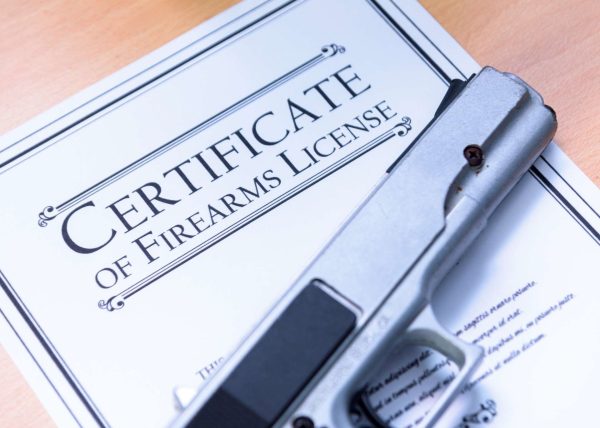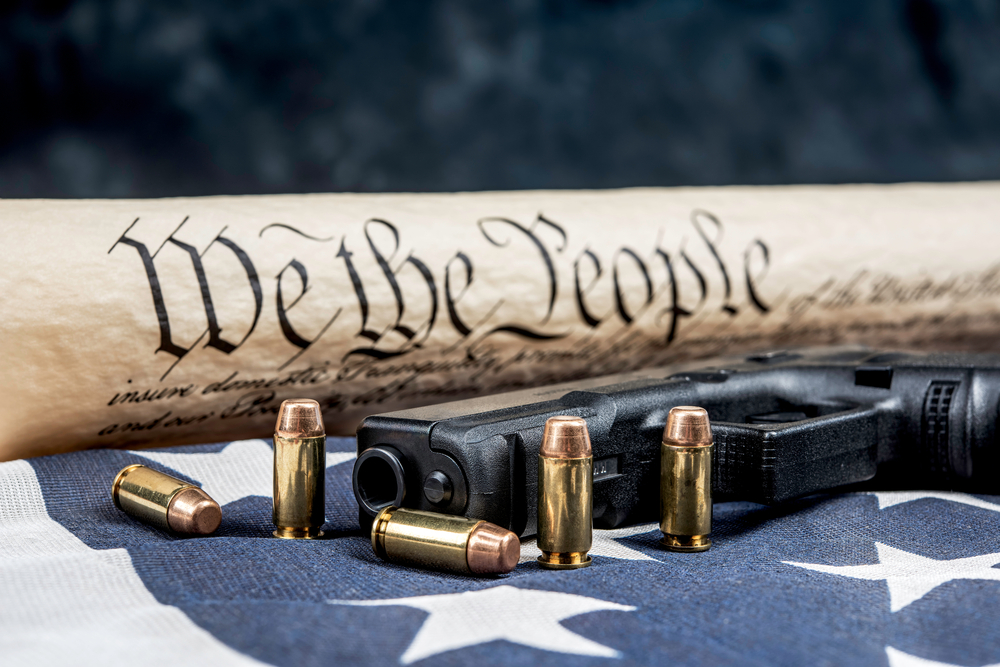
The debate over whether 18-year-olds should be allowed to carry guns is a contentious one, often divided along ideological lines. On one side, proponents argue that allowing young adults to carry firearms is a fundamental right guaranteed by the Constitution. On the other, critics cite concerns over maturity, public safety, and mental health. It’s important to weigh the facts surrounding this issue—specifically, whether 18-year-olds, who are legally recognized as adults, should have the right to carry guns.
At the heart of this debate lies the Second Amendment, which guarantees “the right of the people to keep and bear Arms.” The framers of the Constitution, living in a world where militias were central to national defense, believed that individuals should have access to arms as a safeguard against tyranny. The amendment does not specify age, and the history of gun ownership in America has been one where individuals were able to bear arms from a young age—often from 18 onward. In fact, young adults were once heavily involved in militia service, and were expected to provide their own firearms for service. This historical context is critical, as it speaks to the original intent behind the Second Amendment: allowing responsible citizens to keep and bear arms, irrespective of age. Legal scholars argue that 18-year-olds who are eligible to vote, serve in the military and enter into contracts, should not be treated as second-class citizens when it comes to exercising their rights. The U.S. government has granted 18-year-olds the full rights and responsibilities of adulthood. If we trust 18-year-olds to vote, drive, and serve in combat, why should we deny them the right to protect themselves with a firearm?
Some often argue that 18-year-olds are too young to be entrusted with a firearm due to concerns over maturity, impulsivity, and mental health. While it is true that the human brain is still developing well into the early twenties, there is no clear evidence suggesting that 18-year-olds are inherently more dangerous than older adults when it comes to gun ownership. The key issue here is not age but rather responsibility. Just as young people are expected to manage responsibilities like a driver’s license or financial independence at 18, they should also be required to prove that they are capable of safely handling a firearm. Stricter background checks, mandatory training, and mental health screenings could all be part of a solution that balances rights with safety. In fact, many states already require young adults to complete background checks and take training courses before they can legally purchase a firearm.
Historically, 18-year-olds have been trusted with weapons. In the early years of the Republic, young adults were often expected to serve in local militias, and many were required to provide their own firearms. These young men were trained and entrusted with the defense of their communities and the nation. This historical precedent speaks to the trust placed in young adults to carry and use weapons responsibly. Moreover, in today’s society, many 18-year-olds are required to make life-or-death decisions in other contexts. Consider the thousands of young adults serving in the military, often in combat zones where they are expected to carry firearms and make split-second decisions that affect their safety and the safety of their comrades.
There is an undeniable public safety concern when it comes to young people and firearms. Gun violence in the U.S. remains a significant issue, and many rightly fear that younger individuals might contribute to this problem. However, the solution lies not in denying young adults the right to carry firearms, but in ensuring that they are educated, trained, and held accountable for how they use them. Much like the rules around driving, where young people are allowed to drive cars but must first demonstrate their ability to handle them responsibly, firearm ownership should involve similar requirements. States with higher rates of firearm ownership among responsible gun owners tend to have lower rates of gun violence, primarily because law-abiding citizens are more likely to deter criminals. A study by the Cato Institute found that states with more permissive gun laws, including laws allowing younger adults to carry firearms, often experience lower violent crime rates. While correlation doesn’t imply causation, these statistics suggest that more responsible gun owners could help create safer communities.
The debate over whether 18-year-olds should be allowed to carry guns is ultimately a question of individual rights and societal responsibility. The Second Amendment grants all Americans the right to keep and bear arms. As such, 18-year-olds—who are legally adults in nearly every other aspect of their lives—should not be denied this right. With proper safeguards in place, including comprehensive background checks, mandatory training, and psychological evaluations, young adults can be trusted to carry firearms responsibly. If we truly believe in the principles of liberty and personal responsibility, we must ensure that young adults are not denied their constitutional rights. Instead, we should work toward a system that allows responsible young adults to protect themselves while also maintaining public safety through sensible regulations. By trusting our young adults with the tools to protect themselves, we uphold both their rights and their capacity to make responsible decisions in an often unpredictable world.











Henders Aponte • Mar 29, 2025 at 11:52 am
Great article!